Montreal-based synth pop project Automelodi has been a forever favorite of mine ever since I first heard the deep growling synth lines of “Schema Corporel,” one of the most infectious dance floor tracks ever recorded, for my dollar. Since the mid-2000s (or even the mid-90s if we’re counting the excellent Arnaud Lazlaud material), the project, helmed by multi-instrumentalist and producer Xavier Paradis, has been releasing banger after banger – albums, singles, and EPs worth of top shelf synth pop for the modern age. In addition to his own work, Paradis has also served as producer for Silent EM, Bootblacks, and my own project The Harrow, lending his astute ear and playful, yet masterful knack for sonic experimentation to these projects.
Automelodi’s most recent release is Cavallo, an EP that features a series of furious and passionate synth workouts. The EP was released on 11/12 via Young and Cold Records. The title track is a serpentine slice of pop perfection, with throbbing rhythms, chirpy synth melodies, and subtle guitar strums. The EP continues with the driving “Tout arracher,” and the turbulent “Riquet ne chante plus,” which are two of the best tracks we’ve heard from the project to date. After a brief, whispered interlude, the EP concludes with the yearning “Western Sans Serif,” which features guest saxophone by experimental sound artist James Nicholas Dumile Goddard (of Skin Tone , Egyptian Cotton Arkestra and more). Digital copies of the EP also feature a stellar remix of the title track by modern minimal synth maestro Ortrotasce.
We had the chance to catch up with Paradis about all things Cavallo just moments before embarking on his most recent European tour.
Can you tell us a bit about the writing and recording of this EP? Did you use a focused set of parameters for each track or any rules for how you wanted to put this release together?
I wanted to play with the idea of having symbolic A and B sides for that EP. I say symbolic because conceptually the B-side probably starts somewhere in the middle of the first track on side B. It’s like a journey from midday to midnight in which the sun doesn’t set at the hour you expected because of an accidental time-zone change.
Speaking of accidents, my intention was also to create a bit more space for chaos on this release by working slightly faster on each individual track (compared to my approach on the previous LP, for example).
I especially love the frenetic pace and deep bass throb of “Riquet ne chante plus” – this track is a standout for me. How did that track come together?
Over the years I’ve been working on integrating the workflow of hardware sequencers in a more and more organic writing process. Even the name Automelodi was originally (partially) a nod to Surrealist automatism in which the artist creates a context where the unconscious can flow as freely as possible into the medium. At some point during a concert in Mexico I found myself repeating some words over a looping drum machine and synth sequence. These words were inspired by a gorgeously tragic quote I heard in an old French documentary. I then wrote the rest of the lyrics from that starting point. In this case, the franticness of the rhythm simply felt like the perfect natural catharsis for the absolute hopelessness of the lyrics.
I love how you get such a lush, pristine sound out of your home studio, certainly as if it’s an instrument upon itself. You’ve been recording for thirty years now. How has your recording process evolved over the years?
Of course if I think of the way I recorded around the mid-nineties, hardware was absolutely crucial in every step. I didn’t have much budget but fortunately second-hand analog synthesizers were affordable. I would then desperately do my best to sync up the sequencer to a 4-track tape machine. Sometimes I would invite a friend over to turn a few extra buttons and switches when mixing became too complex for just my own two hands. I really appreciate how so many of these aspects of production can now be handled by a single computer but I think what I experienced in the past still allows me to think outside of the box in a current, partially virtual studio context.
It’s been quite some time since you’ve released an EP – why did you choose this format for Cavallo?
After releasing the Cavallo digital single in 2024 there was some interest from friends and labels in the possibility of releasing it as a vinyl single. At that point I knew I also wanted to release more new tracks. Some of those were quite expansive in terms of structure, partially because of the way I spontaneously developed and performed them live. Maybe my experience as a part-time DJ has nourished that perspective but I really like how many classic Italo singles manage to feature both a very melodic song component and a slowly developing, hypnotic rhythmic dimension. I like how listeners, dancers and DJs can all interact differently with that. The 12 inch vinyl single or EP format is also ideal for that because it allows that sort of multifaceted expansiveness without sacrificing audio quality. Of course that leaves me with a few other songs still waiting to be released but maybe that’ll be for another EP next year.
Whether it be the early Arnaud Lazlaud jams or latest infectious singles like “Cavallo” and “Les Métros Disparus,” I’ve always felt that your music has a timeless flavor and an irresistible uniqueness. What drives that, in your opinion?
A lot of the music I like is very melodic. I appreciate the lasting quality of a great melody and the way it interacts with a listener’s brain. Therefore I often spend a lot of time working on melodic aspects of my music. Now I am aware that melody, as a musical component, has been fading out of fashion in recent decades. I guess that makes my music unfashionably timeless. Or timelessly unfashionable.
I’ve also admired that Automelodi’s music has a certain European elegance that sets it apart from a lot of modern synth projects. How (if at all) does the French tradition inspire your work?
From a lyrical perspective, the French literary tradition was obviously a formative influence during my teenage years but now I also find it important to keep a somewhat subversive approach towards it. My French Canadian “non-metropolitan” perspective and my interest in linguistic evolution probably contribute to that to a certain level. In terms of musicality, part of that character you perceive in my music may come indirectly from the fact that I don’t exclusively listen to “synth” or “wave” music. A lot of my inspiration also comes from other languages, other forms of art, and even sometimes just classified ads or the “dead donkey” section of news archives. Maybe this eclectic blend accidentally gives off a certain European character, considering how Europe contains a high concentration of diverse cultural heritages, with pristine monuments and ruins sometimes side by side. Within this relatively small geographical space, you get a cross-pollination of language, ideas, aesthetics, etc.
Many years ago, on my very first trip to Europe I spent some time in Brussels and I felt really interested in how that city is historically and culturally rich, while not necessarily having a “default setting” in terms of language. The combined presence of French and Dutch creates that sort of interzone between Latin and Germanic cultures. Interestingly, Montreal, where I live now, sometimes reminds me a bit of that. It can create some confusion on a day-to-day basis but I find there is also a certain energy in that type of context.
Congrats in advance on the European tour – are you playing any new cities? Do you have a favorite place to play overall?
I don’t think I necessarily have a “favorite” place to play because ultimately the whole experience is very dependent on context, circumstances and the human factor. In this case I’m particularly excited about returning to Italy, Spain, Switzerland and Greece. In the case of the latter two I haven’t been there in 13 years. I am also looking forward to performing in Istanbul. This will be my first time in West Asia.
Your live show is so energetic – whether it be performing with a full band or playing solo. How are you able to channel the visceral energy of your music into a captivating live show?
There seems to be this endless tension between control and chaos in my personal life and emotions and I choose not to hide that tension in my music. In live performances I try to embrace that struggle in my interaction with the instruments, the machines and the audience. I’m also tremendously clumsy, which just adds to the comical tragedy of it all.
Do you still feel the same passion for playing live as you do in the studio? Do you find the two to be very separate experiences, or do you see the live show as a logical progression of the body of work on the whole?
I guess I do feel the same passion for both, otherwise I probably would’ve abandoned performing live a few years ago. I do find it important that my live performances allow audiences to witness some angles of my work that cannot be experienced while listening to recordings –and vice versa–.
Over the last few years, your production work for other artists has ramped up as well. What’s your approach to producing, and how does it differ from your own work as Automelodi?
Sometimes I like to consider production as if I was reading a short story in which every line of text is an audio track. Part of my job is to actually try to read between those lines in order to better reveal the complete story. One thing that’s interesting about the mixer or producer’s perspective is that I find myself having a form of dialog with the other artists involved in the recording, which is creatively quite stimulating, even though it can sometimes also be challenging.
With Automelodi most of the work is solitary so it is often a strange dance between spontaneous delirium and a form of “objective” detachment, which is not always so rational either. It resonates a bit with the idea I was describing earlier of a cultural “interzone”, in which you frequently have to adapt to the frame of mind of being a “stranger”, even if, and when, you are physically in what you call your home town.
Part of what initially drew me towards art in general is this archetypal teenage feeling of being slightly out of place. There is sadness and insecurity within that feeling but as you evolve as an artist you potentially learn to embrace the perceptive vector of isolation and disorientation.
Beyond self-expression, I’m actually quite happy at the perspective of ultimately feeling slightly lost within my own music. §
Automelodi European Tour Dates
- 11/14 Bochum – DE [Cold Hearted Festival]
- 11/15 Dresden – DE [Cold Hearted Festival] @inmove_concerts
- 11/17 Hannover – DE – Lux Club
- 11/21 Winterthur – CH – Lokal Winterthur [ @dark_disco_festival ]
- 11/22 Warsaw – PL – @klubchmury
- 11/23 Madrid – ES – Contraclub [ @all_waves_prom ]
- 11/26 Vienna – AT – Chelsea [ @bloodbeat.club ]
- 11/28 Milano – IT – C.I.Q. [ @night_shift_night ]
- 11/29 Caserta – IT – Casale di Teverolaccio [ @oltreverso__ ]
- 11/30 Carpi – IT – ATP Live Music Club – [Grotesque Modena]
- 12/3 Istanbul – TR – Kadıköy Sahne
- 12/5 Athens – GR – AUX CLUB
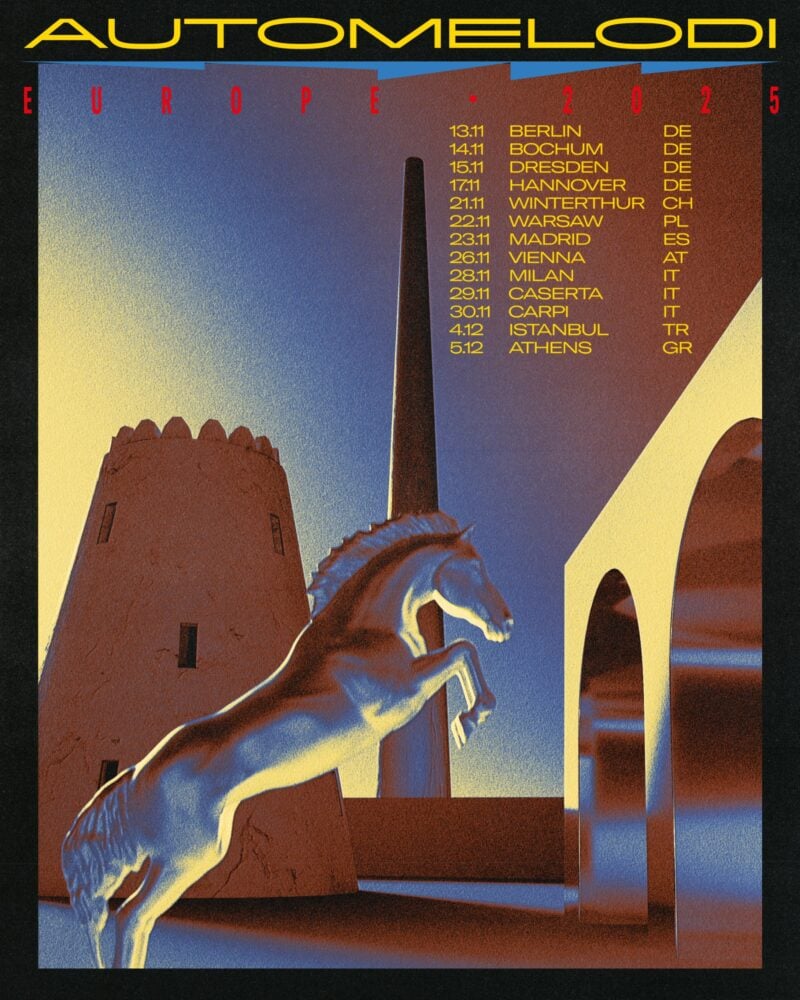
Header photo by Athena Photography



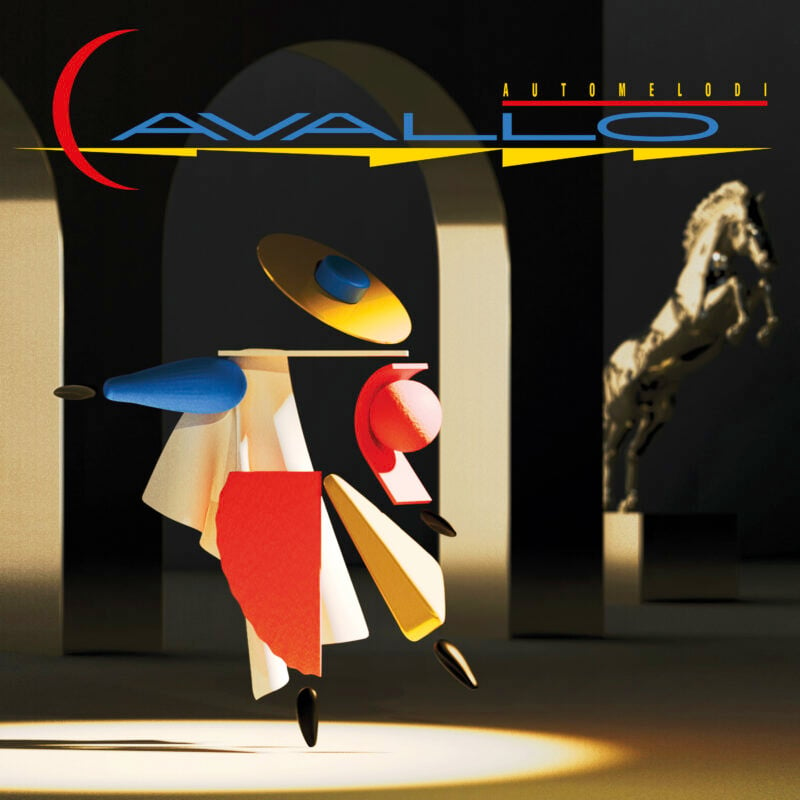

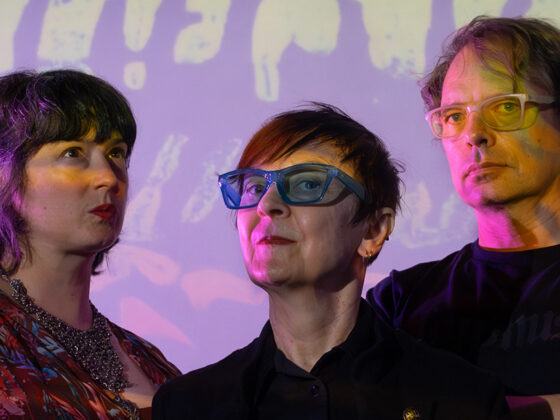

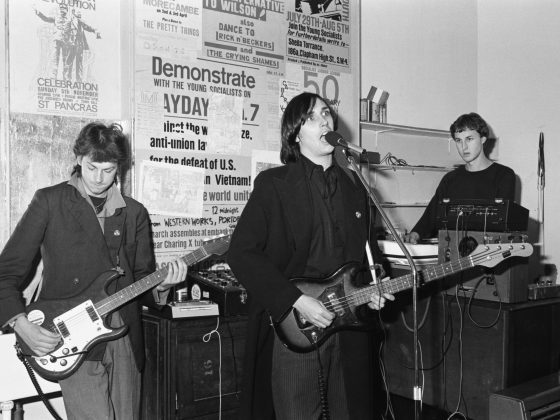





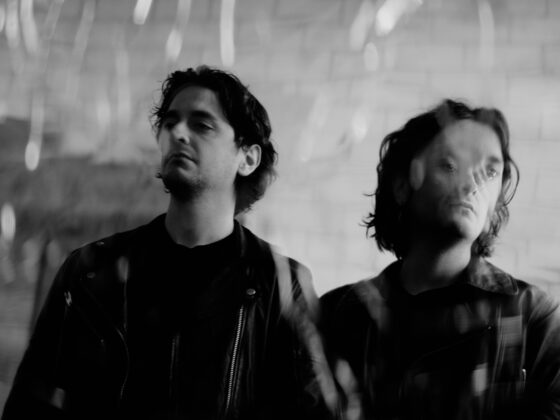


 Or via:
Or via: